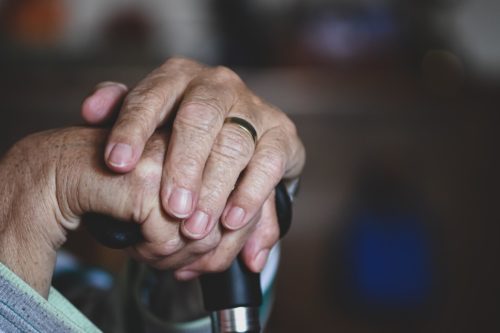
Unfortunately, nursing home abuse is something that affects millions of older adults and adults with disabilities here in the United States. That said, if you or a loved one is a victim of nursing home abuse or neglect, you may be entitled to compensation for your damages. However, proving a claim against a nursing home isn’t always easy, but various forms of evidence, including witness testimony, can help significantly. Please continue reading and reach out to a dedicated California nursing home abuse lawyer from Cowdrey Jenkins, LLP to learn more about the role witnesses can play in nursing home abuse cases and how our firm can help you seek the justice you deserve. Here are some of the questions you may have:
How can witnesses help me with a nursing home abuse claim?
Witnesses are people who have seen, heard, or otherwise observed the abuse or neglect that occurred in the nursing home. They can provide valuable testimony that can corroborate your claims and clearly illustrate/explain the extent of your injuries. Some of the different types of witnesses that may be used in your case are as follows:
- Other residents or their family members who witnessed the abuse or neglect.
- Nursing home staff who witnessed the abuse or neglect or were aware of it but did not report it or intervene.
- Medical professionals who treated the victim for their injuries or illnesses caused by the abuse or neglect.
- Social workers, advocates, or ombudsmen who visited the nursing home and observed the conditions and quality of care provided to the residents.
- Law enforcement officers who investigated the abuse or neglect allegations and collected evidence from the scene.
What other steps should I take to document nursing home abuse/neglect?
In addition to having witnesses, there are other steps you should take to report nursing home abuse and protect your rights. Some of these steps are as follows:
- Document any signs of abuse or neglect, such as bruises, wounds, infections, weight loss, dehydration, bedsores, or mood changes. You should take photos or videos of the injuries and keep copies of any medical records or bills related to the treatment.
- Report the abuse or neglect to the nursing home administration and request an investigation and corrective action. You should also file a complaint with the California Department of Public Health and/or the local Long-Term Care Ombudsman Program, which is an independent agency that advocates for the rights and welfare of nursing home residents.
- Report the abuse or neglect to law enforcement if it involves criminal acts such as assault, rape, or theft. You should call 911 if your loved one is in imminent danger.
Finally, you should make it a point to retain the services of a competent nursing home abuse lawyer who can fight to hold the appropriate parties accountable. Cowdrey Jenkins, LLP is here to help. Contact us today.